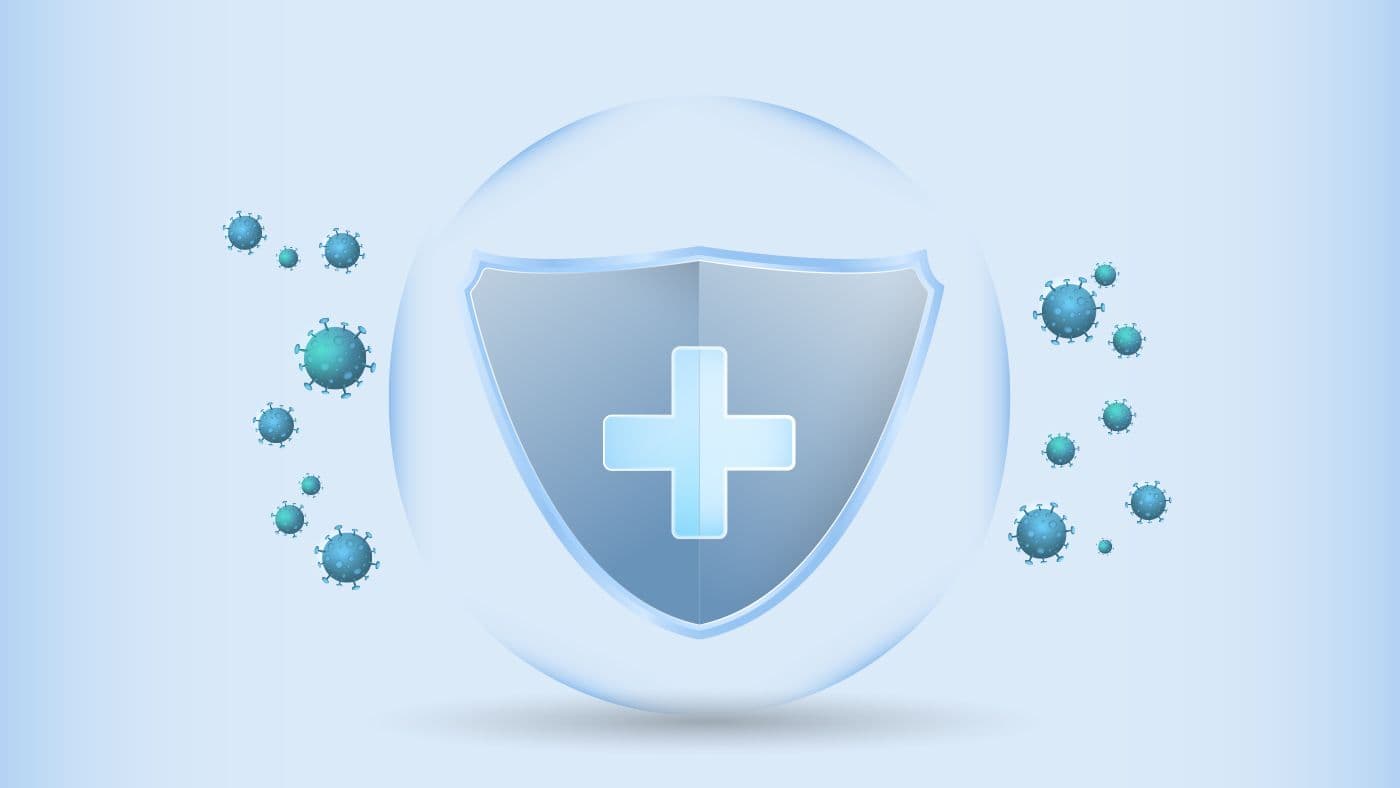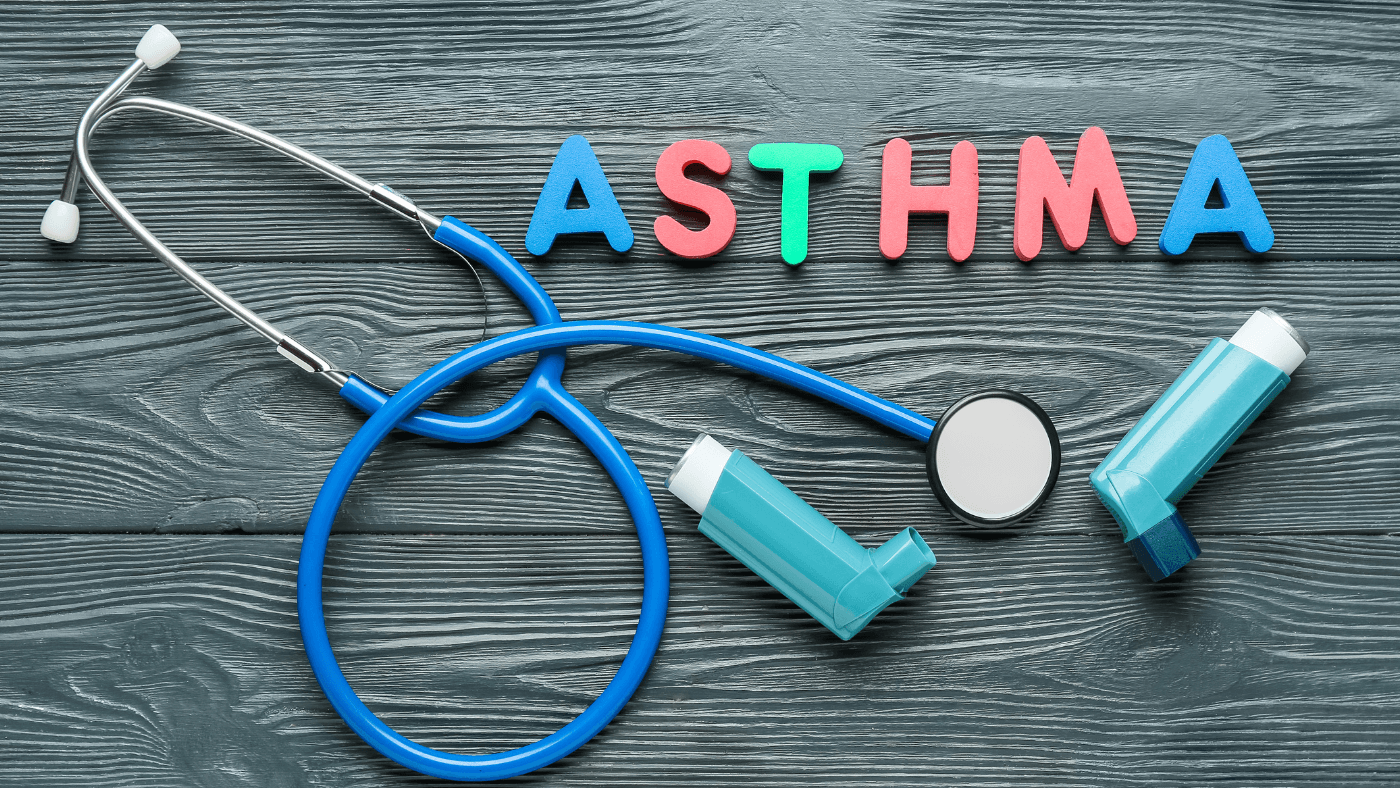
Are you up to date with your vaccinations? August is National Immunization Awareness Month. This month highlights how important vaccines are for your health and your community's health. Let’s explore key vaccines that play a crucial role in preventing infectious diseases.
Importance of Vaccines
Vaccines stimulate your immune system to recognize and fight off viruses and bacteria. Immunization helps to:
- Protect individuals from serious illness.
- Prevent the spread of contagious diseases.
- Contribute to community immunity by safeguarding those who cannot receive vaccinations.
Key Vaccines to Consider
Flu Vaccine Benefits
The flu vaccine helps protect against seasonal flu. This illness can be extremely serious, especially for young children, older adults, and people with long-term health issues.
- Who should get it? Everyone aged 6 months and older should receive the flu vaccine annually.
- When to get it? The best time is before flu season, typically in the fall.
COVID-19 Vaccine Updates
The COVID-19 vaccine continues to be vital in controlling the pandemic and preventing severe illness.
- Who should get it? Everyone aged 6 months and older is eligible for the 2024-2025 COVID-19 vaccine.
- When to get it? Health experts recommend getting the vaccine in the fall, before cases increase.
RSV Vaccine for Adults
RSV can cause severe respiratory illness, particularly in older adults and infants.
- Who should get it? Recommended for adults aged 60 and older and high-risk infants.
- When to get it? The RSV vaccine is best taken in early fall for protection over the winter months.
Shingles Vaccine Recommendations
Shingles, caused by the same virus as chickenpox, can lead to painful complications like postherpetic neuralgia.
- Who should get it? Adults aged 50 and older should receive two doses to prevent shingles.
- When to get it? Anytime is a good time to protect yourself.
Pneumonia Vaccine Schedule
Pneumococcal vaccines protect against pneumonia and other infections.
- Who should get it?
- PCV20: Recommended for children under 2, adults 65 and older, and people with certain conditions.
- PPSV23: Recommended for adults 65 and older who previously received a less potent vaccine.
- When to get it? The timing depends on your age and health conditions.
For ongoing vaccination and health management, be sure to visit our Chronic Condition Management Services.
Keeping Up with Vaccinations
Here’s how to stay on top of your vaccines:
- Schedule Regular Check-ups: Regular visits to your healthcare provider ensure you're up to date.
- Keep a Vaccination Record: Maintain a record of all received vaccines for easy reference.
- Educate Yourself: Stay informed about the vaccines you and your family need.
You can rely on our Primary Care Services to help manage your overall health and vaccination schedule.
How We Can Help You
At Fanous Clinic, we offer comprehensive vaccination services to help protect you and your family. Our team of primary care providers (PCPs) and clinical pharmacists (CPPs) is here to help you with your immunizations.
Have questions about vaccines? Schedule an appointment today to protect yourself against preventable diseases.
Q&A Section
Q1: Why are vaccinations necessary?
A: Vaccines protect individuals from severe illnesses and help prevent the spread of infectious diseases, contributing to overall community health and safety.
Q2: When should I get my flu shot?
A: It’s recommended to get the flu vaccine before flu season starts, usually in the fall, to maximize your protection throughout the season.
Q3: Am I eligible for the COVID-19 vaccine if I’ve been vaccinated?
A: Yes, you are eligible for updated COVID-19 vaccines regardless of previous vaccinations. Everyone aged 6 months and older should consider the latest dose.
Q4: Who is recommended to get the shingles vaccine?
A: The shingles vaccine is recommended for adults aged 50 and older to prevent shingles and reduce the risk of complications associated with the disease.
Q5: How frequently should I get the pneumonia vaccine?
A: Pneumonia vaccine schedules vary based on age and health conditions. Speak with your healthcare provider to determine the best vaccination plan for you.
Q6: What is the RSV vaccine, and who needs it?
A: The RSV vaccine protects against respiratory syncytial virus, which can lead to severe breathing problems in older adults and young children.
Q7: What’s the best way to track my immunizations?
A: Maintain a vaccination record and attend regular healthcare visits to stay updated on your immunization schedule.
Q8: Is it safe to receive multiple vaccines simultaneously?
A: Yes, getting multiple vaccines at the same time is often safe. Your healthcare provider can advise you on the best approach for your immunization needs.
Q9: What are common side effects of vaccines?
A: Vaccines may cause mild side effects such as soreness, mild fever, or fatigue, but serious side effects are extremely rare and far outweighed by their benefits.
Q10: How do vaccines support community immunity?
A: Vaccines contribute to herd immunity by reducing the spread of infectious diseases, protecting those who cannot be vaccinated, and ensuring community safety.
Disclaimer: The information provided on this website is for general informational purposes only and should not be construed as medical advice. Please consult your healthcare provider for personalized medical guidance.



